Burundi: 'You are young and must fight' - How rebel touts manipulate young men toward armed conflict
Justin Girukwigomba, a 24-year-old who lived in one of Burundi's dissident neighbourhoods until he fled the country at the end of June 2015, receives daily texts from a commander of a rebel group who wants to know why left the armed struggle. "How are you? Are you not going to come? Or have you abandoned us?" is one of the text messages Justin opened less than a month after he decided to leave the armed rebellion.
The young man's story is not atypical in the torn country. In his "old life", Justin was a student at the University Sagesse, in the capital Bujumbura's Asian district. His life was turned around when one of his best friends, 15-year-old Jean-Nepo Komezamahoro, was shot down at point blank range by a police officer as he raised his arms in the air between the dissenting districts of Ngagara et Mutakura.
Jean-Nepo, who was killed instantly, was returning from Church where he had celebrated his nomination as cub leader in the scouts. He fell within centimetres of Justin. "He was my friend, a scout, a child, a patriot and a good Christian," Justin recalls. "In my mind that meant the beginning of the war because, at first, the protesters were without machetes or guns but police shot them down, as if they were thieves or evil people."
On the authorities' wanted list
His friend's murder lead Justin to return to the streets each day for nearly two months, as Justin claims he felt the need to take part in the demonstrations against President Pierre Nkurunziza's third term bid because he is a "student, an intellectual".
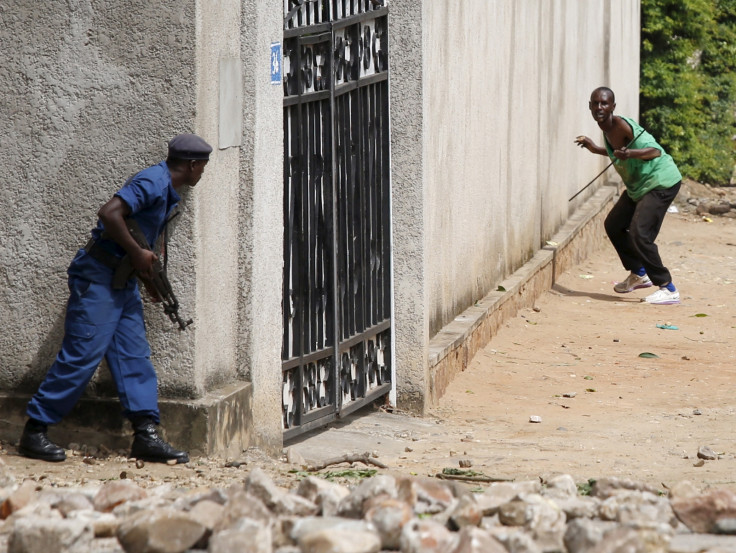
As the country spiralled into chaos following weeks of protests, Justin discovered his name featured on a list of people the authorities intended to arrest. "I am on that list because the Imbonerakure (members of the ruling party's youth wing) know me. I had seen them take pictures of me during the protests."
From there on, Justin had to protect himself and "brothers" who he claims could be killed during the night in their own homes. He started doing night watches – he only slept a couple of hours a day, he explains, pointing to night time killings of protesters in Jabe or Nyakabiga, two dissident districts. "If you weren't killed, then you'd be tortured so the police could produce new lists of people's names."
After police visited his house thrice, Justin says he started thinking about fleeing the country. But he had no money, no visa, and no passport. In the neighbourhoods meanwhile, things were taking a turn for the worse, and young people started arming themselves "to answer police violence".
"I cannot condemn or appreciate this. If someone attacks you with his hands, you answer back with yours. If someone attacks you with a gun, then you defend yourself with a gun. But this new armed conflict made life in my neighbourhood uncontrollable, impossible even."
When asked why he avoided taking up arms himself, Justin answers calmly: "I had access to those guns, but I hadn't been effectively trained to use them."
Recruited to join the armed rebellion
His life was turned around when an acquaintance offered him an escape plan. The only condition would be for him to join the armed rebellion. Listening to Justin's story, it is easy to imagine how a rebel tout could persuade him to leave his family behind.
"He pointed to the fact I didn't have any ammunition, and told me he had a strategic and exceptional plan for me. He told me: 'You can do like the others, the imbeciles, or you can become a combatant. You are young, and you must fight for your mission.'"
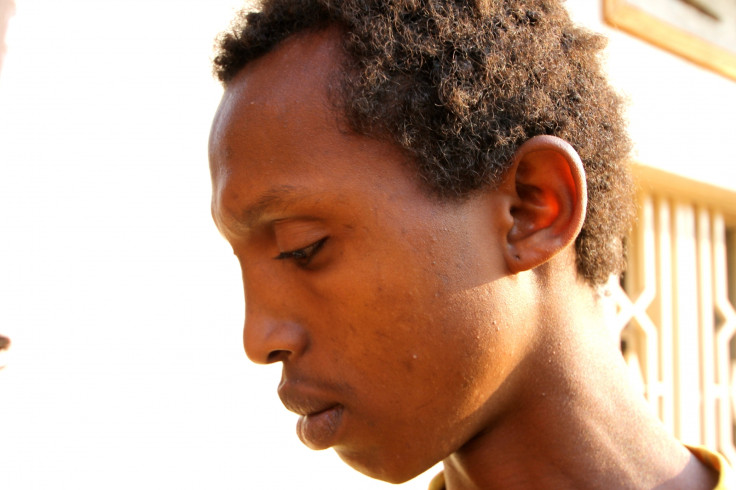
The recruiter persuaded Justin he could provide an escape: money for a bus trip with Volcano, a local transport company, from Burundi into Rwanda where rebel contacts would be waiting for him. "He repeatedly told me I should not abandon others on the battlefield. He told me he was only offering this opportunity to me, that my mission was special."
By that stage, Justin saw he had no other option. "I had no life, no reason to live in Bujumbura, and death was awaiting for me. I prefer to die... on the battlefield. The guy who offered me that chance was like a guardian angel."
Fleeing Burundi in a taxi
Exactly two months after his friend Jean-Nepo was killed, Justin fled, with only an extra set of clothes in a small backpack. He didn't have time to say goodbye to his mother and two young sisters. "Because of my escape, I am wanted by police. I was told that if officers got hold of me I would be killed, and this would be an example for all other young democrats."
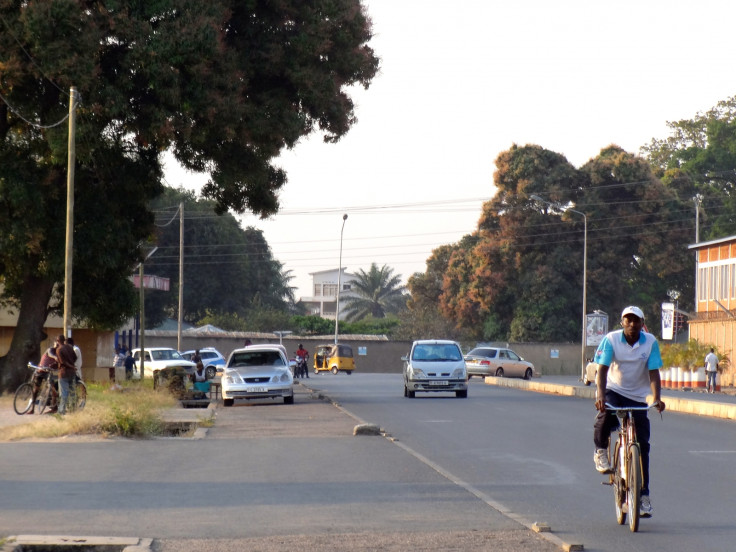
After a bus ride to Kirundo, on the Rwandan border, a friend told Justin local members of the Imbonerakure would typically report any fleeing dissidents to the police. That day, 12 people were arrested. "I told my friend my [rebel] contacts were waiting for me on the other side. The next morning, we jumped into a taxi and hoped no one would stop us."
The taxi stopped to take on other passengers, and "luckily" two police officers also hitched a ride, so officers at the border failed to question Justin and his friend at five consecutive checkpoints. The two young men simply pretended to be local boys meeting up with former student friends at a little bar at the border.
After he walked out of the taxi on Rwandan ground, Justin recalls how he walked straight ahead "and didn't turn to look back behind me". At that point, however, he says a Rwandan policeman stopped him as he walked by a small eatery. "He asked me what I was doing there, and I told him I had just escaped my country. I'll always remember what he said: 'You've just saved yourself. Welcome to Rwanda,'" Justin recalls, a grin on his face.
On a mission with the rebels
As he entered a small bar in the border town, Justin met around twenty young men, who were drinking, celebrating, and waiting for someone to come and pick them up. "That's when I realised they were also planning to become rebels, that they also wanted to combine our forces to show that Burundi is not [President] Nkurunziza's country."
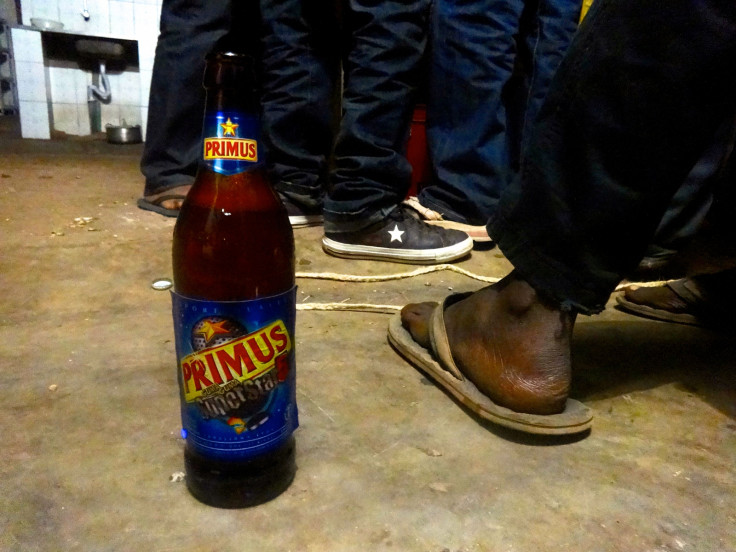
A man – a rebel – came to meet the boys, and told them to go to UHNCR to register as refugees. "He said he would contact us again the next day to pursue our objective." The man called back the following day to ask the boys to move into a refugee camp near Gashora, in Rwanda's Bugesera District, and be patient.
In the middle of hundreds of displaced people, Justin and 10 other young Bujumbura boys found a little corner to spend the next three nights after the rebel failed to turn up to pick them up. "He kept calling, saying we had to wait. But we had no money, no clothes and there were too many people in the camp. He told us to resist overflowing with anger, and that there were around 200 or 300 other soldiers waiting to complete our mission."
Rebel touts within refugee camps
In the vicinity of the camp, too, rebels were brainwashing the young men. "There, I met five men (three of which were aged between 40 and 60) who I later understood were in charge of recruiting people like me. They would all tell me the same story, that we had all lived through the same things, that I could help them."
While some of the young men eager to start fighting grew frustrated, Justin remained calm. "I told them that it must not be easy to come and collect young rebels under the eyes of the UNHCR and the Rwandan police. I said we should wait because a military program is not something that can be precipitated."
As he killed time before the arrival of the rebel commanders, Justin felt he ought to say goodbye to his older brother Tresor, who had just fled to Rwanda's capital Kigali. "I wasn't yet a rebel. So I told the young kids I was with I needed to go. He's the only brother I have so I needed to tell him goodbye and where I was going, in case one day he never saw me again. He needed to know which road I was taking."
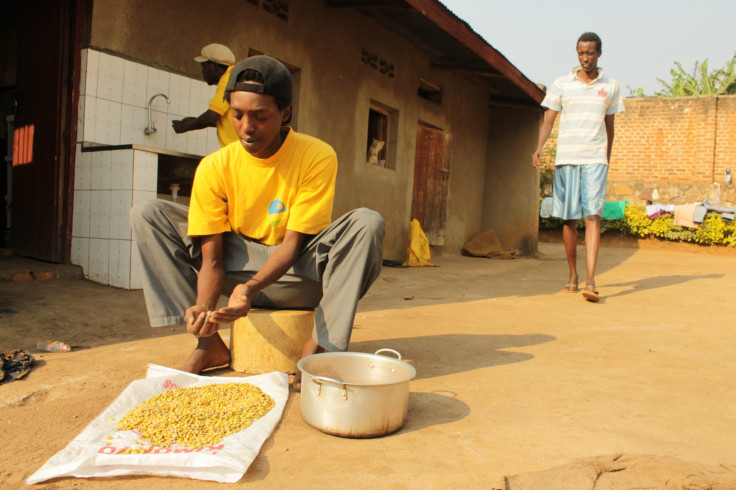
Brother Tresor changed his mind
In Kigali, on 12 July, Justin met Tresor and told him the truth – Tresor, who had been shot at by the police, says he knew instantly what his little brother was getting into and was determined to get him out.
"I told Justin to come back to the house where I lived for food, so we could chat some more," Tresor explained. "I was so upset about his intention of joining the armed rebels. I could not accept that he could be exploited and manipulated by anyone"
Tresor thought hard to find a solution for his brother, to keep him as close as possible: "I told him he was wrong to think that spilling his blood was the only option, that he would be taken to unknown places, and that he was still so young."
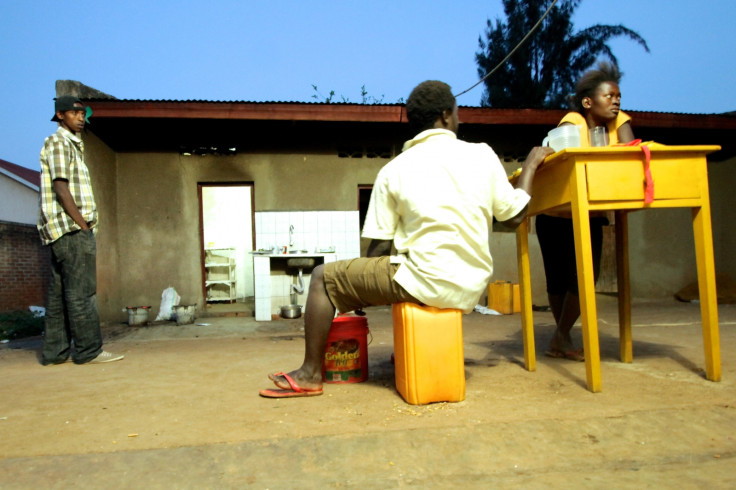
It was during that evening, around dinner, that Justin met Pamela Kazekare, a young woman who he claims understood him and consoled him as he explained feeling like a "living dead". Like a mother, Pamela listened and managed to talk Justin out of the rebel group. "She told me about another way, innovative ideas I could fight for – not for a camp that could take me away from my life – but for another ideal which I would not be excluded from after the war."
Fighting for peace
Justin claims it was at that precise moment that he realised he could live in "Little Burundi", Pamela and his brother's community of 14 young Burundian refugees, who all chose to fight peacefully for a new Burundi. "By adopting a political philosophy that can embody and consolidate love and peace in the country, by using every possible way to dialogue, would it be through the arts, culture, music, we think we can change mentalities," Justin now says.
Looking back, the young man claims to understand why the rebels took so long to pick up the young men from the refugee camp. "Rwanda didn't support the fact that people in Burundi's opposition would use young people, civilians, children, and manipulate them to become soldiers when they are not able or trained to fight," he explained. "Now, with the benefit of hindsight, I understand that these people have no good plans for our future."
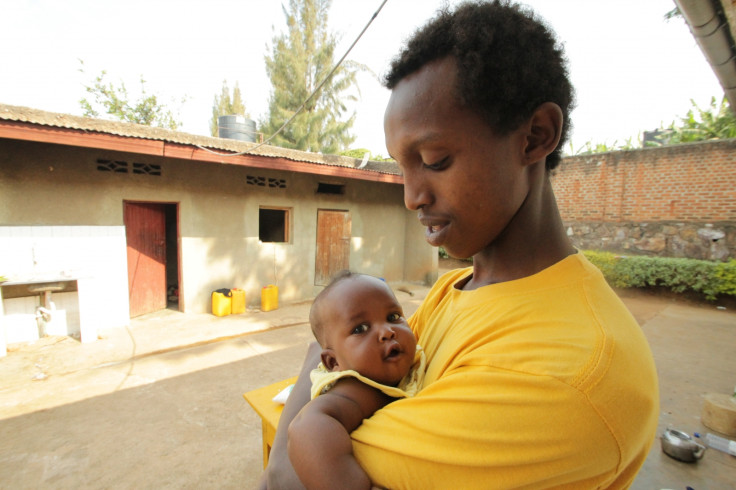
© Copyright IBTimes 2025. All rights reserved.






















